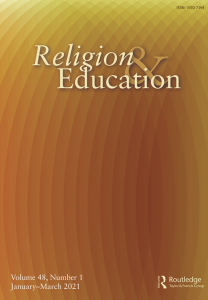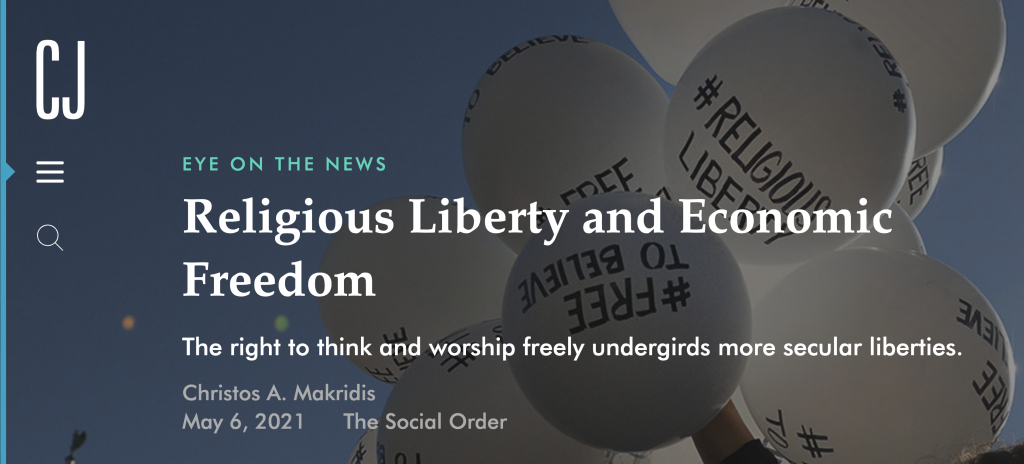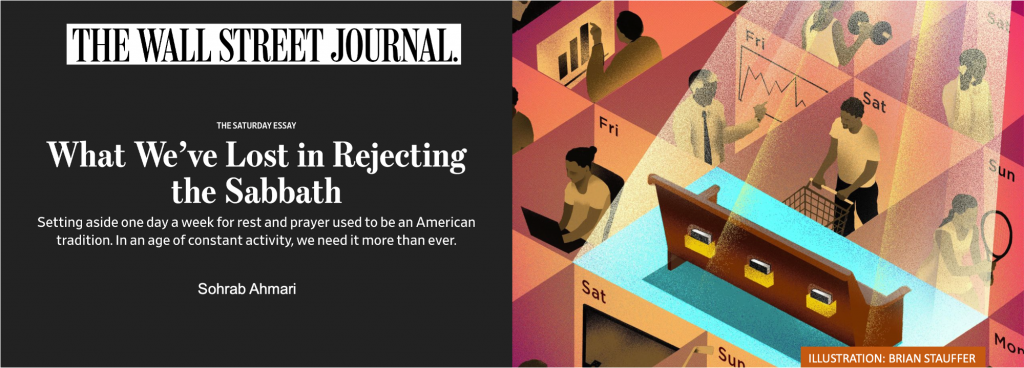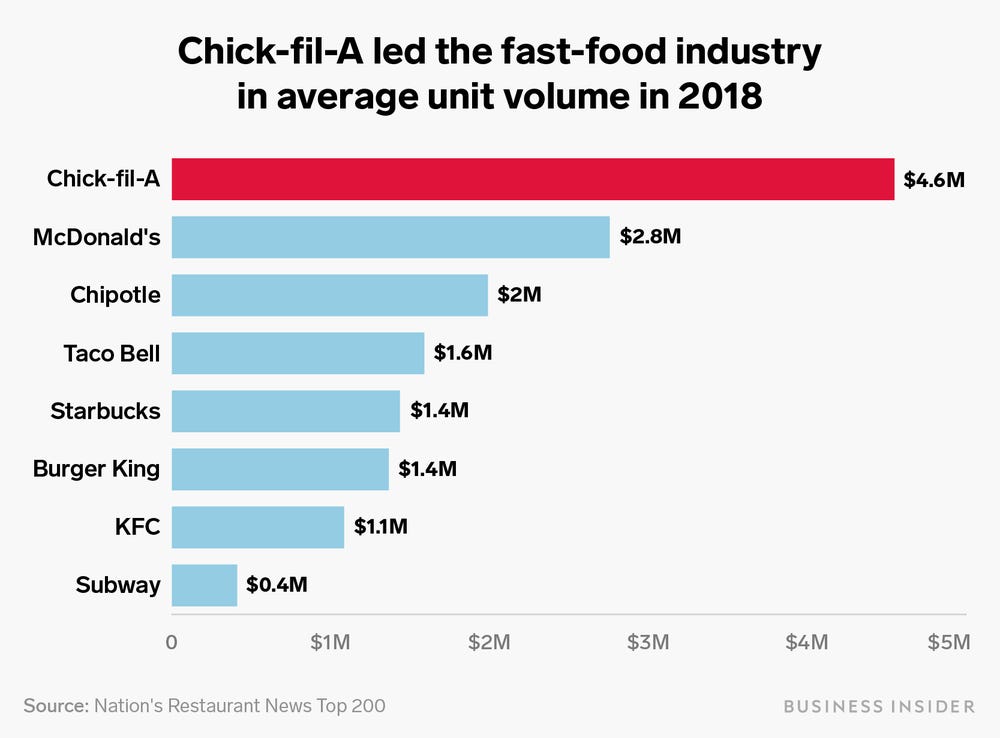by Kent Johnson, J.D., Senior Corporate Advisor, Religious Freedom & Business Foundation
Part of the blog series, Authenticity & Connection
It’s the focus of much discussion today in the human resource profession: How can companies encourage employees to care more about their work, and to engage their work energetically, with a whole heart? It’s clear: When employees’ hearts and minds are connected with their work, they get “fired up,” and powerfully positive business results follow.
People long to connect their core personal mission to their work; and they want confirmation that they’re appreciated for who they are. Problem is, even today, many companies pour cold water on the spirit of their diverse people… especially on those for whom faith and belief forms the core of their identity.
Three of the twelve determinative factors surveyed by Gallup in its highly-regarded “Q12 Employee Engagement Survey are:
- 1. Whether “My supervisor, or someone at work, seems to care about me as a person.”
- 2. Whether “the mission or purpose of my organization makes me feel my job is important.”
- 3. Whether “I have a best friend at work.”
Think about this:
- I. Is it possible to truly care about your employee as a person, and NOT open the door to discussion about his/her core beliefs and principles?
-
- — If your organization’s hesitancy to encourage discussion about core beliefs and principles flows from a concern that such discussions will waste time, or cause conflict, consider the message that those concerns carry to people of faith: It essentially says that their faith is unimportant. Unwelcome. Even harmful to the company.
- — Why not ask on a scale of 1 to 5, whether “My supervisor, or someone at work, has expressed interest in my core values and beliefs.”
- II. For people whose faith defines their personal mission and purpose in life, does it make sense to perpetuate a culture that frowns on voluntary and sensitive discussions of faith?
-
- — Why de-couple faith from work, when faith is the motivator for excellent service, innovation, compassion, honesty, sensitivity to customer needs, environmental protection, fairness to all, and similar principles?
- — If the concern is that some faith-based principles may run contrary to those of your company, can you resolve that discord by forcing faith expression underground? Isn’t it better to seek to bring such themes to the surface, where they can be addressed directly?
- — Why not ask, on a scale of 1 to 5, whether “I feel free to discuss at work how my own personal mission or purpose in life relates to the company’s mission.”
- III. How can a culture facilitate deep friendships, if it stifles employee-to-employee connections about spiritual topics?
Internal employee engagement surveys like this one from Gallup serve multiple purposes.
First, they provide a window into the company culture, and how management’s diversity and inclusion efforts are perceived. This information can inform management’s future actions to establish and nurture cultural norms that foster engagement and creativity.
Such surveys also send an internal message about what their leaders think about the importance of their employees. By asking about things that are of paramount importance to many of your people, you demonstrate that you care about them. If your internal surveys are silent about employees’ faith and belief, you’re also sending a message… that you aren’t interested in that important facet of their work lives.
Employee engagement surveys are certainly no panacea. But they can provide a helpful starting point. Beyond that, as you begin to witness the benefits of freedom of religion and belief at work:
- 1. Consider joining the growing number of outstanding companies that have officially approved faith-oriented employee resource groups as an integral part of their diversity, equity and inclusion focus. (See the REDI INDEX for examples).
- 2. Consider setting aside space for your people to pray, meditate and reflect at work.
- 3. Consider providing opportunities for cross-faith exchanges at work, including discussions among people of diverse faiths about how their beliefs relate to and motivate their work.
- 4. Consider training to equip managers to constructively engage the religious diversity of your people. (See RFBF Training).
- 5. Consider “going public” with your company’s commitment to religious diversity and religious freedom; and supporting religious freedom throughout the world as part of your company’s commitment to Corporate Social Responsibility. What you’re willing to say externally speaks more credibly to your own employees. And it speaks healing and reconciliation to a world racked with cynicism.
Freedom of religion and belief is a rewarding topic for any business that seeks deeper employee engagement. It unleashes energy and engagement. This is worth exploring.






 By
By 





